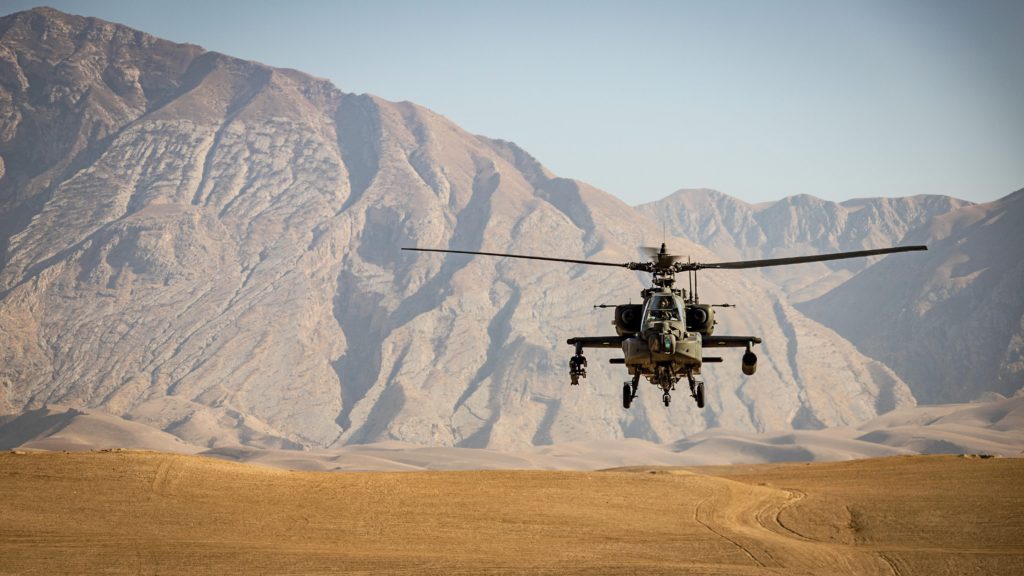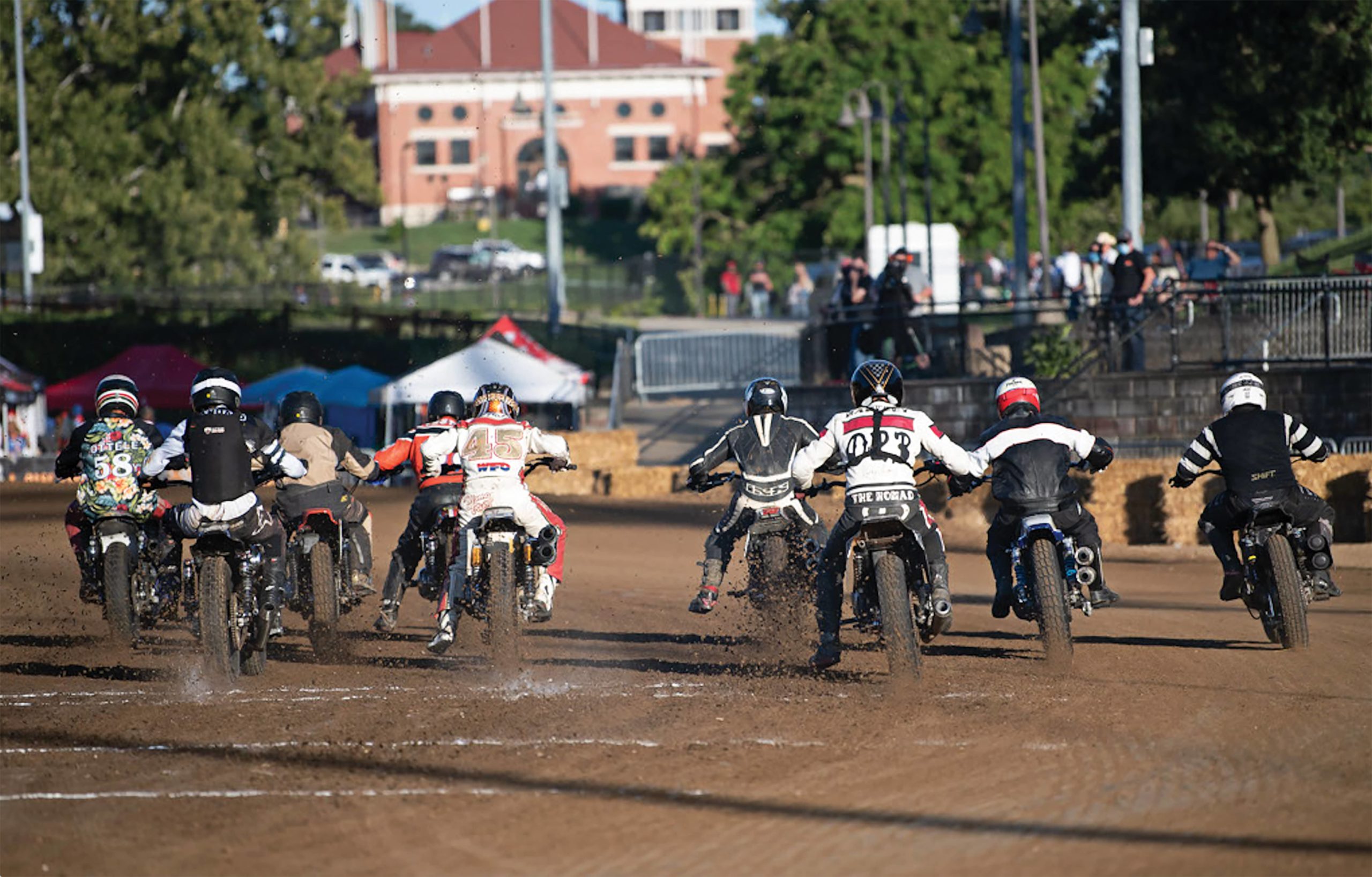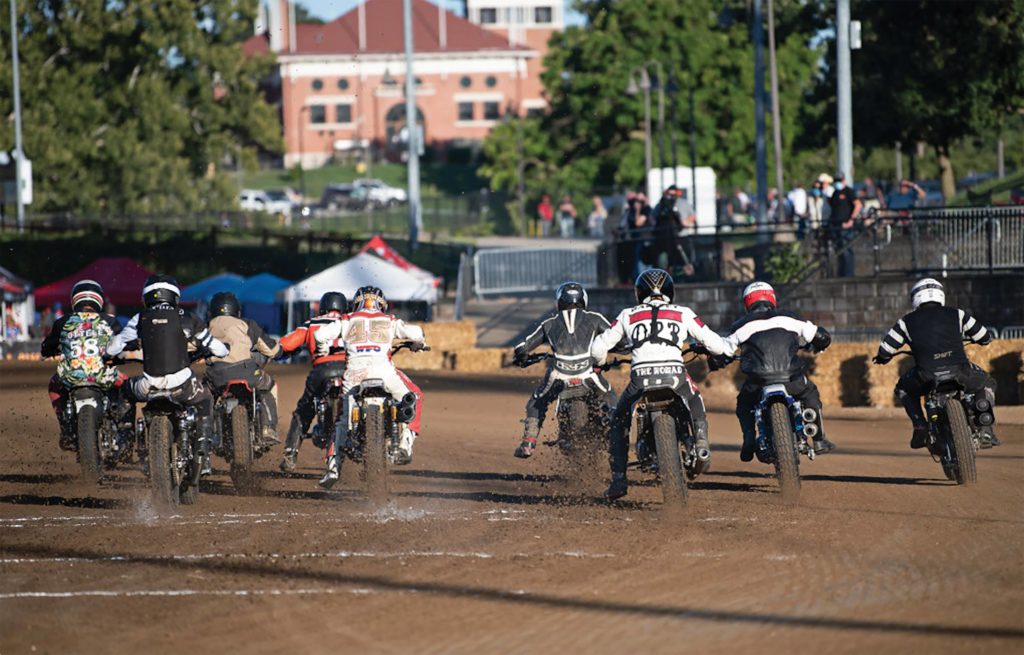
Erik Hartley and Evil Hours Racing raise awareness for post-traumatic stress and support military veterans through the very thing that saved him – flat track racing
Words by Joy Burgess
Photos by Kathy Lynn Photography and Evil Hours Racing
On average, 17 veterans commit suicide every day according to the 2020 National Veteran Suicide Prevention Annual Report. And since Covid-19 has left many vets homebound without support and therapy, that number has gone up. That means that approximately every 120 minutes, another veteran ends his or her life.
That stat makes me physically ill, and hits close to home. My brother has served two tours in Afghanistan as a medic. I’ve watched him come home with tragedy and death darkening his eyes. And it’s not just a battle overseas; it’s one he’s seen firsthand as a medic when stationed state-side. He’s often called to the scene when soldiers have tragically ended their lives, and it haunts him.
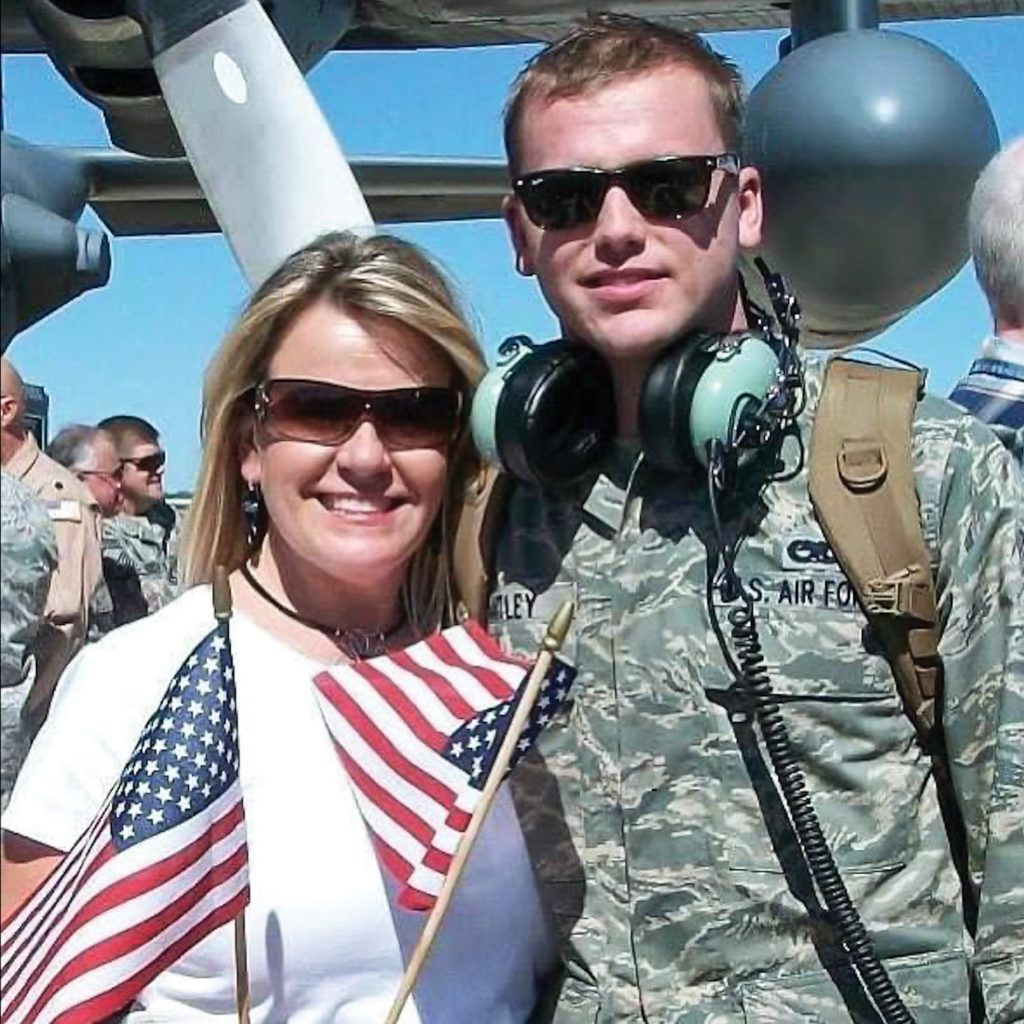
But in the middle of the darkness that comes with post-traumatic stress disorder (PTSD) and veteran suicide, one man – Erik Hartley – has made it his mission to help veterans with PTSD, spreading hope to those struggling to find healing with his nonprofit, Evil Hours Racing.
He’s a veteran who knows all too well what it’s like to struggle through PTSD after coming home. “War is an indescribable experience,” he said. “I’ve traveled the world trying to escape it, grasping at straws to distance myself from it.” But it’s been on two wheels racing flat track where he’s found family and a sense of belonging.
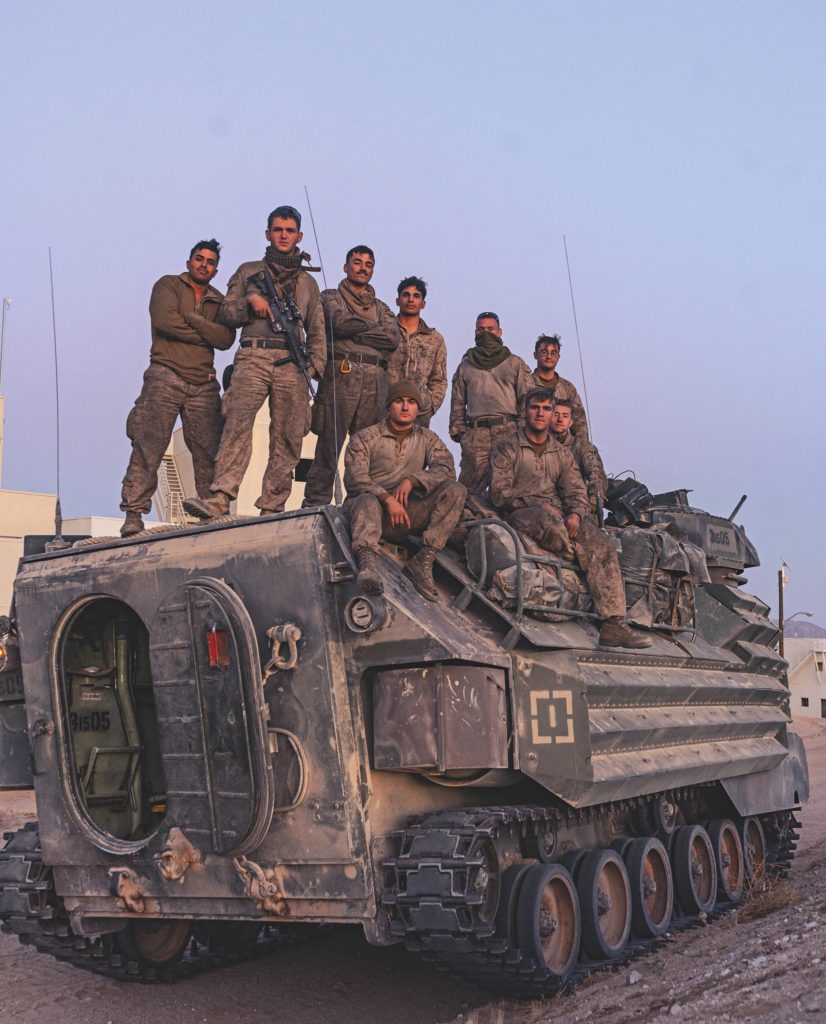
The ‘Evil Hours’
It all started back in 2010 when Hartley was deployed to Afghanistan as a C-130 aircraft mechanic. Stationed at Bagram Air Force Base, he saw the various sides of war…the eyes of Rangers as they returned from ‘hell,’ caskets draped with stars and stripes, bombs exploding in the mountains around the airfield.
“None of this compared to the ‘evil hours,’” Hartley told us. “For most Afghanis, kite flying is part of their national identity (until it was banned by the Taliban). When I got to Afghanistan, I noticed kites flying from time to time. It seemed like a sign of the country returning, in part, to its pre-Taliban way of life. But then a pattern began to form. When the kites went up, rockets followed, and my naivety turned to anxiety and panic. They were using kites to judge the wind for rockets and mortars, so we started calling the time just after the kite-flying ‘the evil hours.’”
Once Hartley came home he found himself fighting a second war – with PTSD. What saved him – and completely changed the course of his life – was the motorcycle community. “On a random trip to the Springfield Mile,” he told us, “seeing motorcycles race around a dirt oval brought me home. Flat track racing brought me family and a sense of belonging that helped me get out of my shell.”
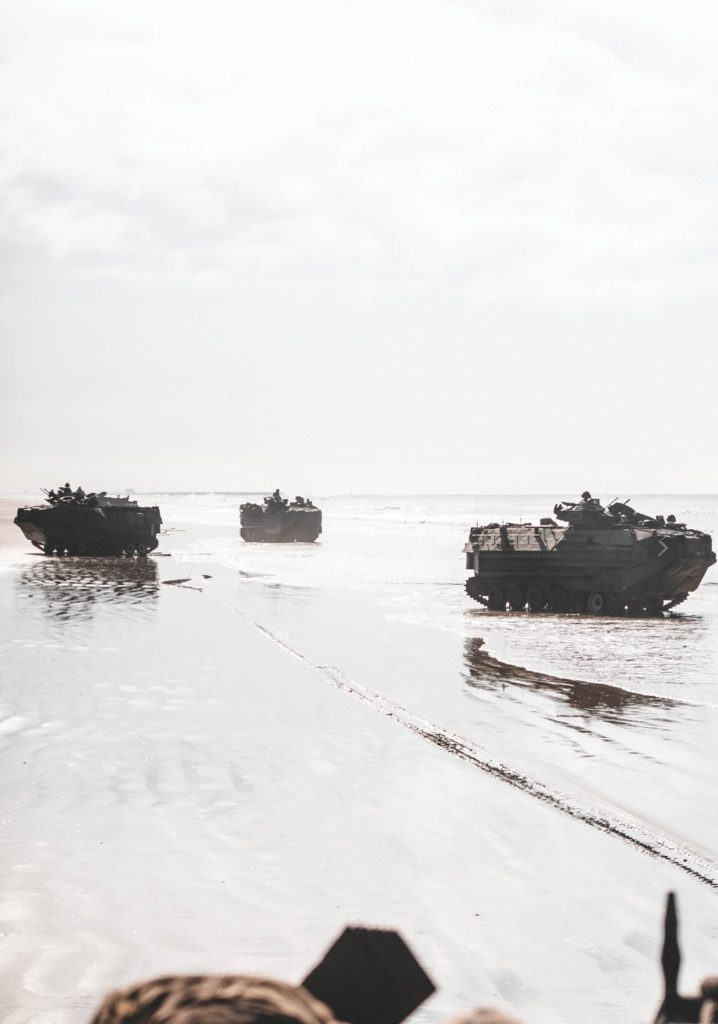
Wanting to pay it forward, Hartley founded the nonprofit Evil Hours Racing, a race team with the goal of connecting, inspiring and supporting veterans (and others) with PTSD. As he travels the country racing at races – both large and small – he focuses on raising PTSD awareness, connecting with other veterans dealing with PTSD, and raising money to fund treatment, racing school, and racing programs.
Helping Heroes
Since its official start in January 2020, Evil Hours Racing has been able to not only spread PTSD awareness at races across the country – from Florida to South Dakota and everywhere in between – but also help many of our veteran heroes. In 2020 the nonprofit was able to fund a full year of therapy for a veteran who needed financial assistance; help put riders through dirt track school; and connect with veterans with PTSD across the country.
Ryan Deichert is one of those veterans. Deichert spent 14 years in the Air Force with 11 of them on active duty, and along the way he did one tour in Iraq and two tours in Afghanistan.
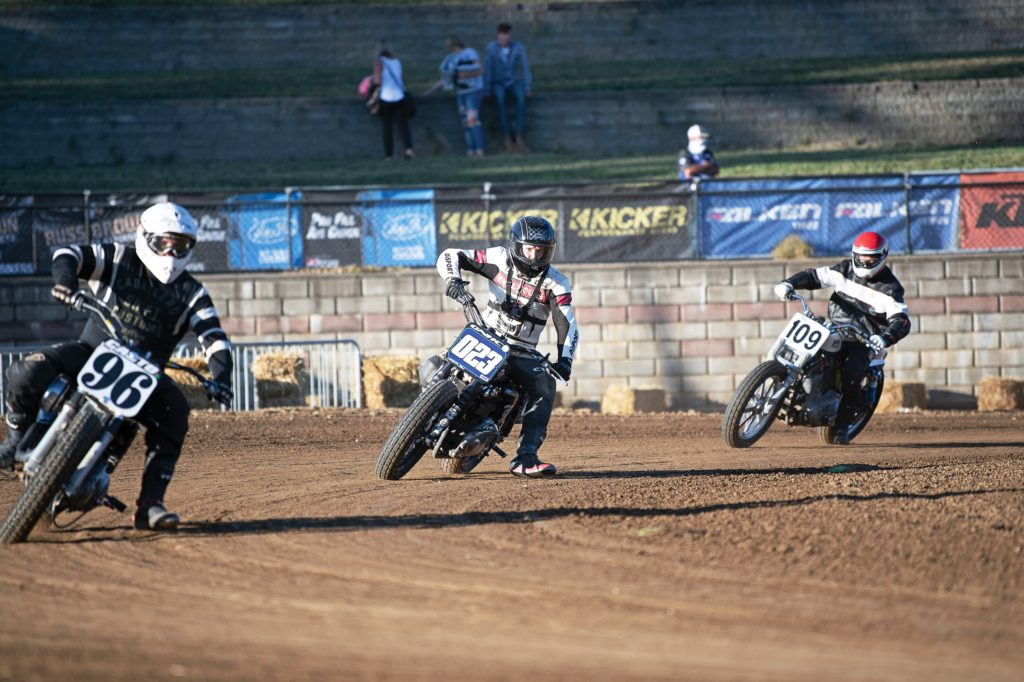
“While in Iraq,” Deichert said, “I was doing force protection for the Air Force, then later in Afghanistan I was an aircraft mechanic in an F15 squadron. In my spare time, when I wasn’t working 12-16 hours a day, I was doing honor guard for Stadler Airforce Base, basically acting as a pallbearer for fallen soldiers and contractors, giving them their last walk of honor as we sent them to their families.”
“Even if you didn’t know them,” Deichert told us as he choked up, “it was like they were your brothers. I carried more than 30 soldiers onto those planes for their final ride home.”
“Transitioning to normal life has been hard,” Deichert continued. “I’ve dealt with PTSD after seeing so much stuff on my tours. I was introduced to Erik at the track and found out what he was doing to help vets. We talked and he told me he wanted to help me out and get me involved in flat track because he thought it would help me out.”
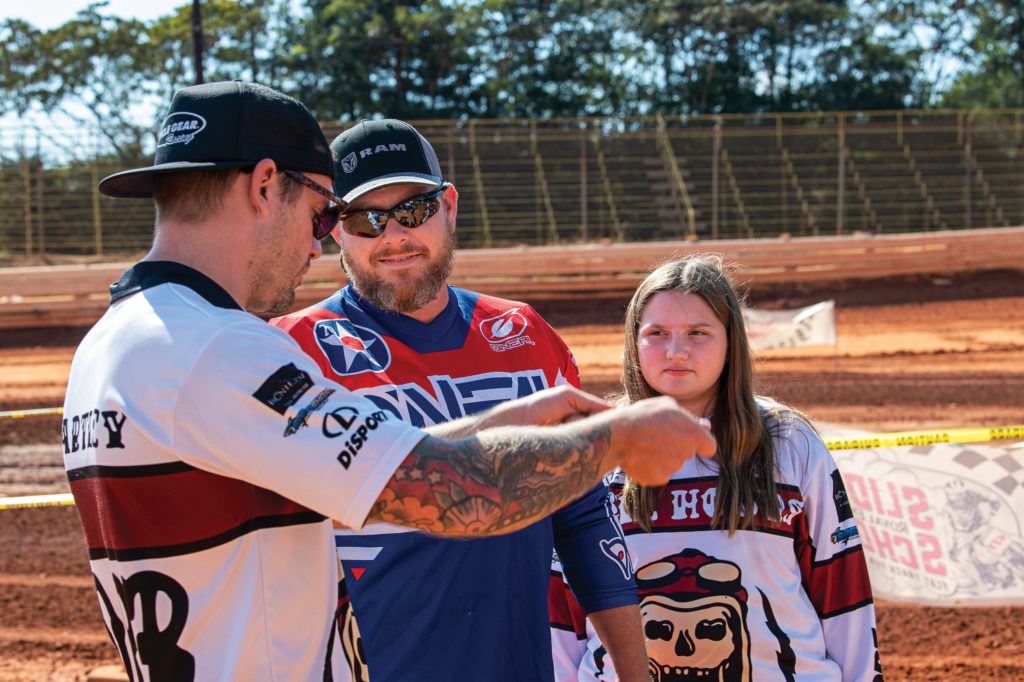
“I first met Ryan in April at an open practice in South Carolina,” Hartley chimed in. “A mutual friend mentioned that Ryan could benefit from what Evil Hours does, so I went and introduced myself and we’ve stayed in contact. He came to see what flat track was all about, and he was hooked. To be there from the start of his racing experience, and see how it’s helped him? Well, that’s what this is all about.”
“It’s not just the racing,” Deichert shared, “it’s the people. It’s a family-oriented atmosphere. And now there are a lot of vets that are getting involved. Riding and racing clears my mind. You can focus on the race, doing the right things, implementing what everyone has taught you. There’s adrenaline, but more importantly, you’re free, all by yourself on that bike, and you’re in control. There’s no better feeling to me than being on a flat track bike.”
Evil Hours Racing paid to send Deichert to a Johnny Lewis flat track school that took place in Travelers Rest, South Carolina, giving him the chance to learn from one of the best in the business. “Johnny taught me a ton,” Deichert said afterwards. “I was able to get my bike sideways into the turns, something I couldn’t do before. Learning how to preload the front end, moving forward on the seat going into the corner…so many things I didn’t know before. And Johnny just makes you comfortable while you’re there.”
Then there’s Corporal Oliver Kraus. On July 30, 2020, an amphibious assault vehicle with sailors and marines on board sank off the coast of Southern California. Of the 16 service members on board, two were injured, one was pronounced dead just after the accident, and the remains of seven marines and one sailor were found after a lengthy search and rescue that turned into a recovery operation.
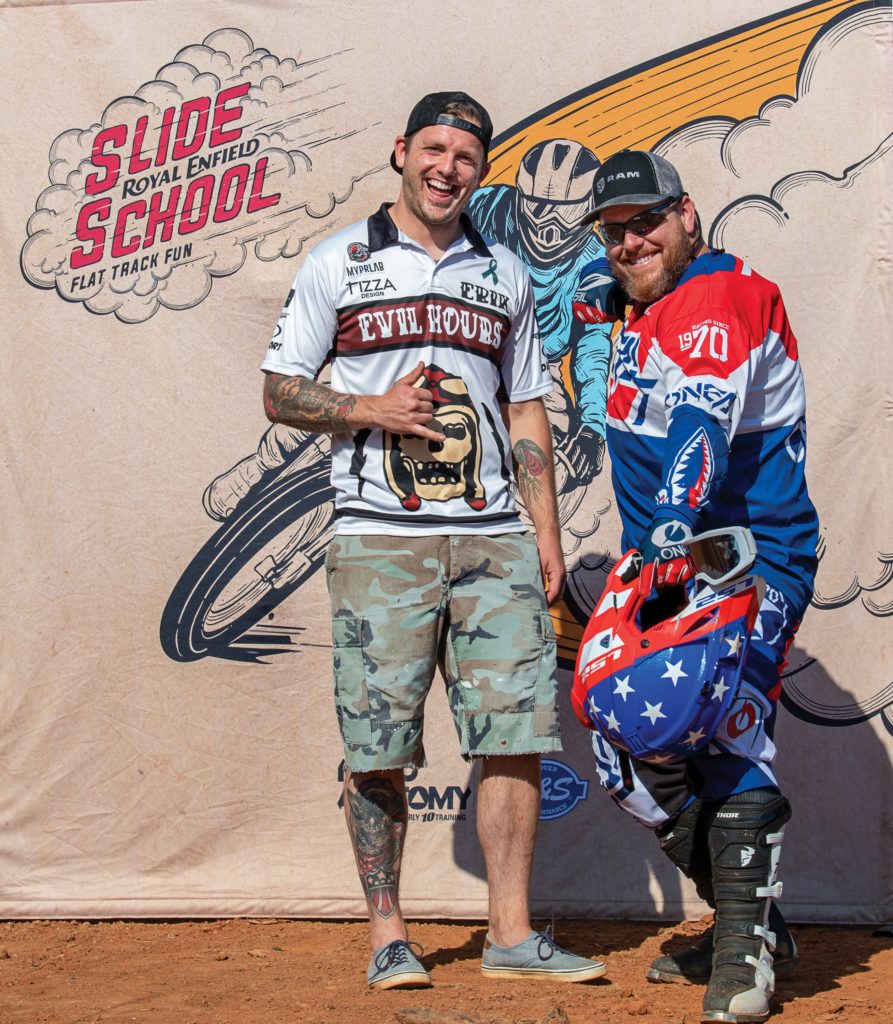
Kraus survived, but continues to live with the impact of that fateful day. After his accident, he stumbled across Evil Hours Racing and reached out to the nonprofit for more information. He’s now going to school to be a motorcycle mechanic, and with the help of Evil Hours he’ll be sponsored to work on race bikes in the pits at races as Evil Hours Racing joins American Flat Track for 2021.
“In year one,” Hartley told us, “we’ve helped seven vets get involved in racing. We’ve been able to reach out to and support more than 50 veterans, and it’s making a difference. Veterans often tell me that what we’re doing is unique. Evil Hours is more than just shallow posts on Instagram. Our effort is making a real difference, we’re really helping people, and while it’s never easy to grow something, hearing the stories of vets we’ve impacted makes it worth it.”
“We want to help veterans win the last mile,” Hartley continued, “to know they’re not alone. I’ll never forget when that light went off in my head sitting there at my very first flat track race in Springfield…‘aha, I’m not alone!’ And darn it, I’m putting my foot down and we’re going to keep making a difference.”
To learn more about how you can support Evil Hours Racing and their mission to help veterans with PTSD, whether it’s by donating, becoming a sponsor, sharing their message, or being a spectator that cheers on these heroes, visit www.evilhoursracing.com/support-us.
